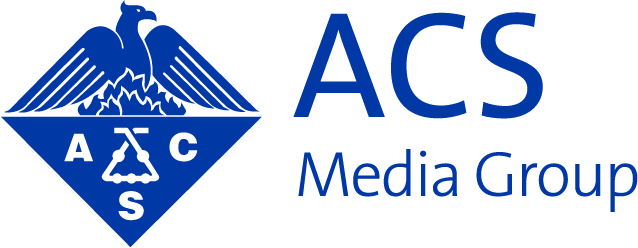Updated 4/8/2024
When consumers want information on products, services or trends, their first stop is often a search engine. Scientists are no different.
General and academic search engines, such as Google, Google Scholar or PubMed, offer scientists and researchers a gateway to immense amounts of information and data. But because a simple search query can return multiple pages of results, the most widely read content is often towards the top of the list.
So how do you ensure that your content is turning up prominently in search results? That’s the question that underlies the art and science of search engine optimization, or SEO. There are many techniques that can help you gain authority on search engines. Here, we outline SEO basics for scientists that you can utilize to increase your online visibility. Looking for more in-depth information? Visit our 2024 SEO guide for next level tips including EEAT best practices, Google’s “helpful content” update, AI’s impact and more.
Incorporate Relevant Keywords
Every piece of content you produce, whether it’s a product web page or an abstract for a peer-reviewed article, should be optimized with relevant keywords. Tools such as Google’s Keyword Planner can help you find highly searched keywords that relate to your topic.
After deciding upon which keywords to target, look for places where they might fit into your content. Keywords are most effective in the title or heading tags, but should also be used in the body content, such as abstracts or author biographies.
Tip: Short, crisp headlines work best for search engines (and luckily, readers enjoy them too!).
Format for Search
A few formatting tweaks can go a long way in making your content search-engine accessible. Be sure to use proper header distribution structure. Subheadings help both search engines and blog readers to scan and understand your text. Here are few basic guidelines:
- Only use one H1 tag on your page. Think of this like the title of a book.
- Throughout your blog text, use H2 subheadings to breakup the content into digestible sections. Think of these as chapter titles. You can have as many H2 subheadings as necessary. As a general guideline, texts of 300 words or more need a subheading to help readers scan the text.
- If necessary, you can add H3 tags to create sub-sections within your H2 “chapters.” For example, if you have an H2 tag that reads “Types of Berries” Your H3 tags might be “Strawberries” and “Blueberries.” In rare cases, you can even use H4 tags and beyond. For example, H4 tags under the H3 “Strawberries” tag could be “Frozen Strawberries” and “Fresh Strawberries.” This is most often necessary when creating very long or technical content.
If your content employs images or graphics, be sure to create descriptive alt text tags that include your keywords when appropriate. For example, if your keyword is “science magazines” and you have an image showing C&EN magazine within the body of your text, you can name the file CEN-Science-Magazine.jpg and add an alt tag of “The April 8, 2024 issue of C&EN, a science magazine, with a cover story on dementia.”
Tip: Appropriately formatted infographics can be a great way to optimize scholarly articles presenting large amounts of data.
Never Forget the Reader
No amount of optimization can cover for low-quality content. Always write for humans first, search engines second. And avoid supposed short cuts, such as keyword stuffing, that hinder reader experience and destroy search engine credibility.
Search engines pay special attention when they see that your content is being read and passed around. Help increase shareability by promoting your content on relevant social media networks.
Tip: Topical, concise research articles are best for distribution on social channels.
Beyond SEO Basics
Search engines were built to do one thing: help people find what they’re looking for. The best SEO strategy is to create high-quality content. Remember, you are already publishing information that creates value for other scientists or customers. SEO just makes it easy for these people to find it.
Ready to go more in-depth with SEO? Check out our post on “What Science Marketers Need to Know About Search Engine Optimization in 2024.”
We want to hear from you: What SEO basics and tools have you found most effective?


















